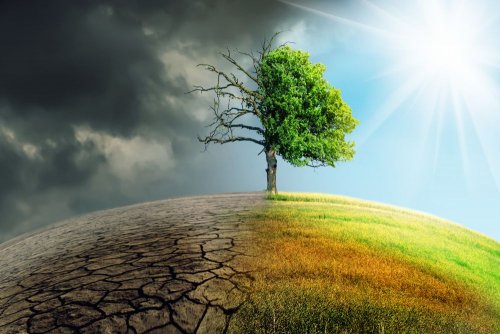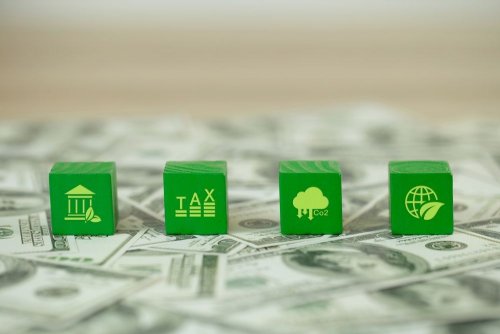Ukraine's economy is under almost the greatest burden from the full launch of the EU Border Carbon Adjustment Mechanism (CBAM) in early 2026, since the new carbon levy will be applied to goods that make up about 20% of Ukraine's total exports to the EU.
This publication Carbon Pulse said Stanislav Zinchenko, Director General of the analytical center GMK Center.
According to statistics on world trade in UN goods, exports to the European Union of products that fall under CBAM annually brings Ukraine $4.5 billion. A large share of them is ferrous metallurgy products, although fertilizers and electricity will also suffer from the introduction of a carbon duty.
The blow to Ukraine from CBAM is greatly enhanced by the war with Russia. According to experts, it has already reduced economic production, caused a drop in GDP by 30-35% in the first year and provoked the worst recession in the country's history.
The blow to Ukraine by CBAM is significantly intensified by the war with Russia. According to experts, it has already reduced economic output, caused a 30-35% drop in GDP in the first year and triggered the worst recession in the country's history.
"We have lost 60-70% of capacity in energy, metallurgy and construction, and this process continues through the war," said Stanislav Zinchenko.
The GMK Center think tank, which he leads, in June called for the abolition of duties on carbon dioxide emissions due to force majeure.
CBAM risks for Ukraine
Among the problems that cause concern, Stanislav Zinchenko named:
- Inequality between Ukrainian and European companies.
He cited the example of EU metallurgical companies, which in recent years received significant state support in carrying out measures to decarbonize production, had access to subsidies and grants. At the same time, Ukrainian companies operated under much tougher conditions, which made it difficult for them to compete under CBAM rules.
- Dependence of the country on the EU market.
Stanislav Zinchenko said that after the Russian invasion in 2022, the share of Ukrainian exports to the EU almost doubled. If in 2021 it was about 45%, now, according to the GMK Center, this share has grown to 80-85%, despite the overall decline in export volumes.
"Every minor regulation has a significant impact on infrastructure," he said.
The expert recalled that Ukraine has limited access to other markets, so Ukrainian industries are especially vulnerable to the influence of CBAM.
"Ukrainian companies should have access to European markets during the transition period. Otherwise, we will not have Ukrainian companies at all, "he warns.
According to Stanislav Zinchenko, Ukraine should seek temporary exemption from CBAM payments, but at the same time participate in the reporting process. The expert is confident that this will "save financial resources for decarbonization in Ukraine" and help the country switch to greener technologies.
The director of the GMK Center believes that Ukraine should also get access to European decarbonization funds, because without such support, "the ability of the Ukrainian government to finance decarbonization during the war or in the post-war period will be zero."
The expert also suggested that the introduction of CBAM "will open Pandora's box and create a domino effect," which could lead to dozens of other countries introducing similar trade restrictions related to carbon emissions.
Earlier, EcoPolitic already told how EU companies are preparing to full CBAM in 2026.
We also wrote about what, according to experts of the International Trade Council, for small businesses the introduction of CBAM creates both challenges and opportunities.





